In the oil and gas industry, Pipeline engineers play a very important role. Pipeline Engineers design, route, plan, and helps in the construction and maintenance of onshore and offshore pipelines. As we all know that transporting crude oil, natural gas, refined products, and water through pipelines is the cheapest industrial option available to engineers. So, quality pipeline engineers are always in demand. In this article, we will understand the requirements and roles, and responsibilities of a pipeline engineer.
What is Pipeline Engineering?
Pipeline Engineering is a branch of engineering technology that deals with fluid transportation through pipelines. It is a sub-part of mechanical engineering that deals with the design, construction, maintenance, and operation of pipelines. Pipelines are extensively used to transport fluid, gas, or solid materials from one location to another. Pipeline engineering consists of the study of pipeline transportation systems, hydraulic and thermal analysis, pipeline integrity management, and the development of pipeline materials, coatings, and corrosion control methods. Pipeline engineers work to ensure the safe and efficient operation of pipelines and are involved in the entire lifecycle of a pipeline, from its initial conception to decommissioning.
What is a Pipeline Engineer?
A pipeline engineer is a professional who designs, develops, and manages the construction of pipelines used to transport oil, natural gas, water, and other substances. They are responsible for ensuring the safe and efficient movement of these materials from one location to another. This includes tasks such as route selection, material selection, and construction supervision, as well as ongoing maintenance and repair.
Types of Pipeline Engineers
Pipelineline engineers work in various roles in industries. Depending on the specific type of job they perform, pipeline engineers can be grouped into the following classes.
- Pipeline Design Engineers: Their main responsibility is creating plans and designs for pipelines, taking into consideration factors such as safety, cost-effectiveness, and environmental impact.
- Construction Pipeline Engineers: They oversee the construction process, ensuring that the pipeline is built according to design specifications and industry standards.
- Maintenance Pipeline Engineers: They are responsible for the ongoing inspection, repair, and maintenance of pipelines to ensure their safe and efficient operation.
- Pipeline Integrity Engineers: This type of pipeline engineer ensure that pipelines meet integrity and safety standards, including performing risk assessments and developing plans to address potential threats to the pipeline.
- Project Pipeline Engineers: They manage pipeline projects from start to finish, overseeing design, construction, and commissioning.
- Pipeline Operations Engineers: They manage the day-to-day operations of pipelines, including monitoring flow rates and pressure, and ensuring that pipelines are operating efficiently.
So, obviously, the roles and responsibilities of each type of pipeline engineer will vary depending on the specific type they fall into. Fig. 1 below shows some typical aboveground pipelines.
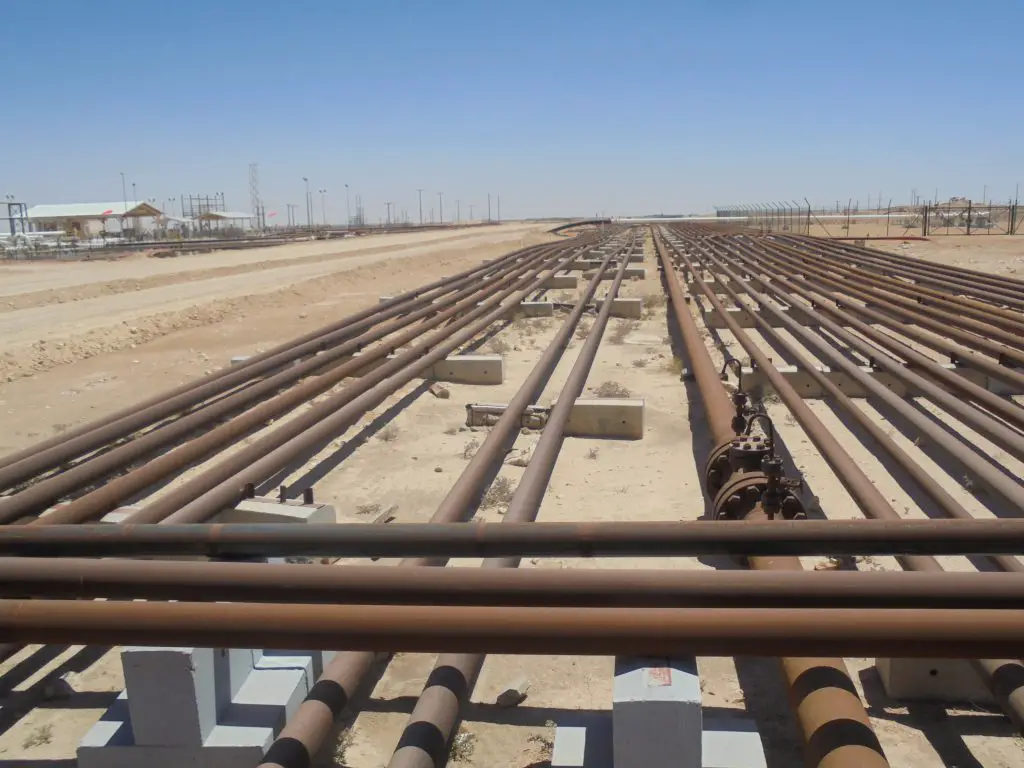
Roles and Responsibilities of Pipeline Engineers
The roles and responsibilities of pipeline engineers can vary depending on the type of pipeline engineer and the specific project they are working on, but some of the most common responsibilities are:
- Designing new pipelines
- Developing pipeline routes, considering the environmental and geological issues into account
- Overseeing construction
- Inspection of Testing of installations and performing quality control
- Integrity and corrosion control on existing pipeline systems
- Maintenance to fix faulty pipelines and take repair actions.
- Meeting with clients/operations team to define pipeline requirements.
- Preparing pipeline specifications.
- Conducting site surveys and research.
- Estimating manhours, materials, time, and budget.
- Preparing pipeline maps, blueprints, and mechanical diagrams.
- Helping in the construction and installation process of pipeline infrastructure and systems.
- Managing the pipeline project workflow.
- Monitoring the day-to-day operations of pipelines, including flow rates, and pressure, and ensuring that pipelines are operating efficiently.
- Ensuring that pipelines meet safety and regulatory standards, and developing plans to address potential threats to the pipeline.
- Working with other engineers, geologists, environmental scientists, and contractors to complete pipeline projects.
How to Become a Pipeline Engineer?
To become a pipeline engineer, you typically need to follow these steps:
- Earn a bachelor’s degree: Most pipeline engineering positions require a bachelor’s degree in engineering, with a focus on mechanical, civil, or petroleum engineering being the most common.
- Gain experience: Entry-level positions in pipeline engineering often require 2-5 years of experience in a related field, such as construction or oil and gas operations. You can gain experience through internships, co-op programs, or working as a junior engineer.
- Obtain professional certification: While not mandatory, obtaining a professional engineering (PE) license can increase your employment opportunities and earning potential. To obtain a PE license, you must pass the Fundamentals of Engineering (FE) exam and have several years of engineering experience.
- Stay informed of industry trends: Pipeline engineering is a rapidly evolving field, so it’s important to stay up-to-date with the latest developments and technologies. This can be done through attending conferences, reading industry publications, and participating in professional organizations.
- Develop strong communication skills: Pipeline engineers often work with teams of professionals from different backgrounds and disciplines, so strong communication and interpersonal skills are essential.
- Build a network: Building relationships with other professionals in the industry can help you stay informed of job opportunities and developments in the field. Joining professional organizations and attending industry events can help you build your network.
Pipeline Engineers Jobs
A vast majority of pipeline engineers get jobs in the oil and gas industry. However, there are various other industries where pipeline engineers get jobs. Some of the commons industries that employ pipeline engineers are:
- Oil and gas: Pipeline engineers play a crucial role in the oil and gas industry, designing and maintaining pipelines that transport oil and natural gas from production sites to refining and distribution centers.
- Water and wastewater: Pipeline engineers are also employed in the water and wastewater treatment industry, designing and maintaining pipelines that transport water and wastewater to and from treatment plants.
- Chemical: Pipeline engineers work in the chemical industry, designing and maintaining pipelines that transport chemicals and other hazardous materials from production sites to storage and distribution centers.
- Mining: In the mining industry, pipeline engineers design and maintain pipelines that transport minerals and other raw materials from mines to processing facilities.
- Manufacturing: Pipeline engineers also work in the manufacturing industry, designing and maintaining pipelines that transport raw materials, semi-finished products, and finished goods between production facilities.
- Energy: In the energy industry, pipeline engineers work on projects related to the transmission and distribution of electricity and other forms of energy, such as wind and solar power.
- Government agencies: Pipeline engineers are also employed by government agencies, such as the U.S. Department of Energy or the Environmental Protection Agency, to oversee the design, construction, and maintenance of pipelines and other energy infrastructure projects.
Salary of Pipeline Engineers
The salary of a pipeline engineer depends on various factors like
- Work Experience
- Educational experience
- Type of Work
- Knowledge and Capability
- Type of company
- Work location.
On average, pipeline engineers in the United States earn an annual salary of around $92,000, according to Glassdoor. However, experienced pipeline engineers can earn significantly more, with some earning upwards of $150,000 per year. The highest-paying industries for pipeline engineers are typically oil and gas, manufacturing, and energy. Additionally, obtaining a professional engineering (PE) license can increase earning potential of pipeline engineers.
In India, entry-level pipeline engineers get an average salary of 5 to 15 lakh INR whereas experienced (12+ years) pipeline engineers get an average salary of 20-30 lakh INR.
Pipeline Engineers vs Piping Engineers
Many a time, the term piping engineers and pipeline engineers are used interchangeably as some of the skillsets of a piping engineer and a pipeline engineer is similar in nature. However, there are some specific differences between a piping engineer and a pipeline engineer. To understand the differences between a piping engineer and a pipeline line I suggest you first know the differences between piping and a pipeline.
The most common difference between a piping engineer and a pipeline engineer is their work scope.
Both piping engineers and pipeline engineers may work on similar projects, but the focus of their work (work scope) is different. Piping engineers may have a more specialized focus, working on the design of pipelines within a single facility, while pipeline engineers have a broader focus, working on the design of pipelines that span long distances. Piping systems are usually designed based on ASME B31.1/B31.3 codes whereas pipeline systems are designed based on ASME B31.4/B31.8 codes.
Which Career Option is better: Piping or Pipeline?
Neither career option is inherently better, as both piping and pipeline engineering offers unique challenges and opportunities. The best career option for an individual will depend on their personal interests, skills, and goals.
For those who enjoy hands-on design and construction work, and have a strong technical background, a career as a piping engineer may be a good fit. Piping engineers typically work on smaller projects and have more direct involvement in the design and construction of pipelines within a single facility.
For those who enjoy working on complex, large-scale projects and have a strong background in risk assessment and project management, a career as a pipeline engineer may be a good fit. Pipeline engineers are responsible for designing and constructing pipelines that span long distances, often crossing multiple state or national borders, and must consider a wide range of factors, including environmental impact, regulations, and community engagement.
Ultimately, both careers offer the opportunity to make a positive impact in the energy and manufacturing industries, and both offer competitive salaries and opportunities for career growth.
Pipeline Engineering Courses
Various organizations provide courses for pipeline engineers to enhance the skills required for pipeline engineering. Some of the popular pipeline engineering courses can be found as mentioned below:
- Certificate course in pipeline engineering by Lloyd Maritime Academy
- Pipeline Engineering course by PetroSkills
- Professional Certificate of Competency in Onshore & Offshore Pipeline Systems by Engineering Institute of Technology (EIT)
- Pipeline Engineering Course by the University of Calgary
- Pipeline Engineering Courses at UBC (the University of British Columbia)
Online Video Courses related to Pipeline Engineering
If you wish to explore more about pipeline engineering, you can opt for the following video courses


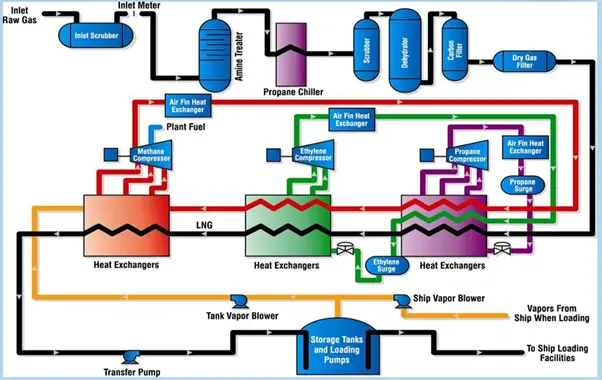
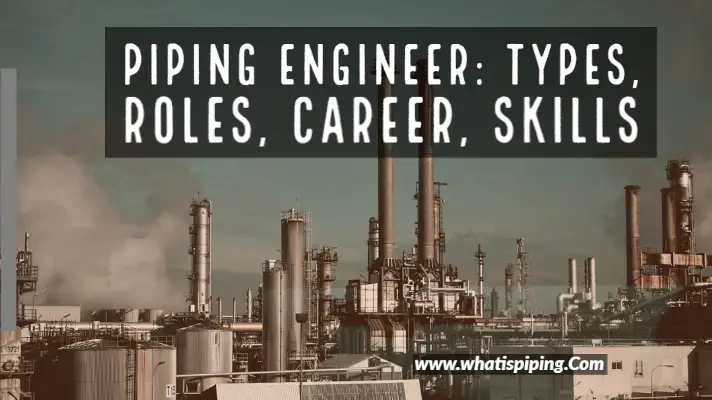
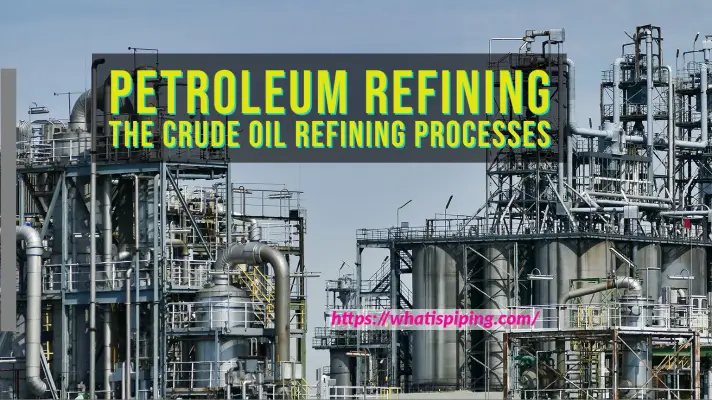
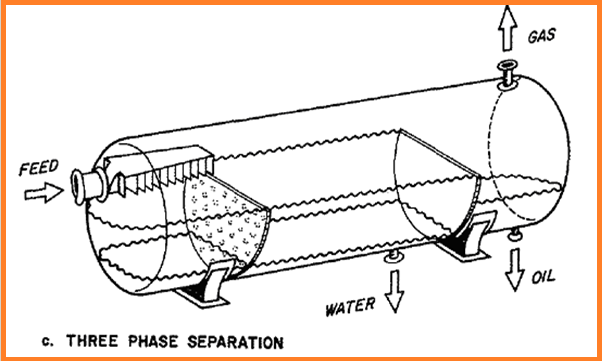
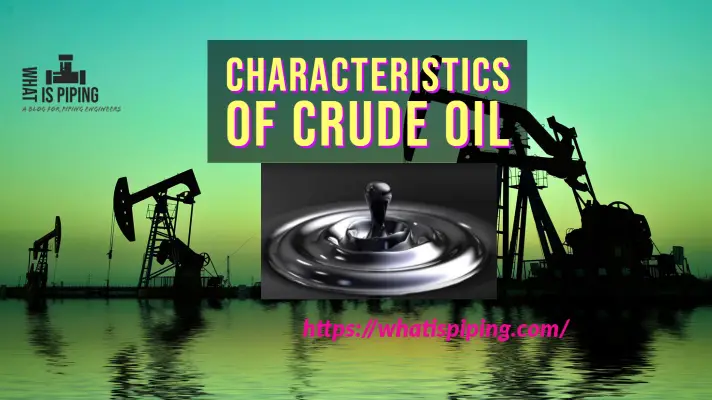
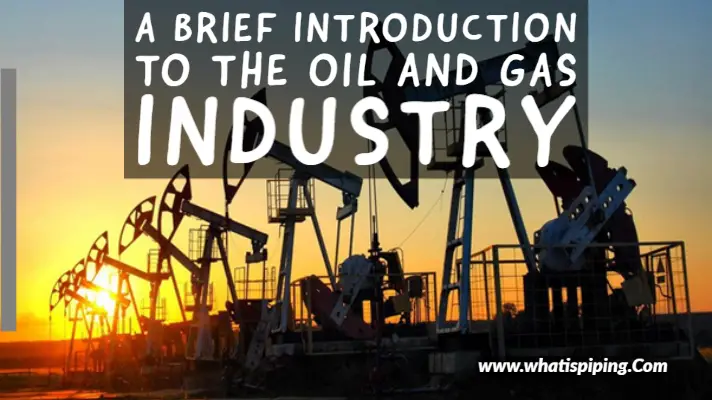
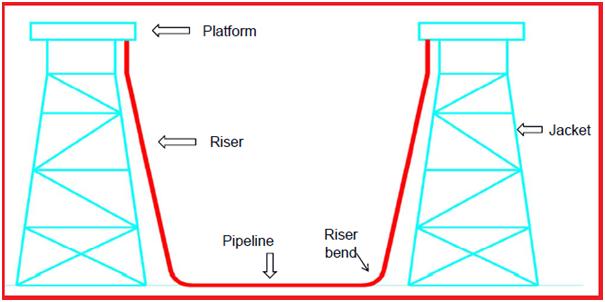
thanks for above subject, could any one state institutes that provide courses in pipeline design.
you are always the best
thanks for your efforts
Thank you Anap.
One category that should be added is a Pipeline Integrity Engineer.
Saludo ingenieros:
Mi nombre es Willson Luquez, soy ingeniero metalúrgico y vivo en Venezuela (Sur América), les escribo para hacerle una consulta.
¿Por que a las tuberías que están regidas por la ASME no se le asigna un estampe U ASME?, o ¿Por que a las tuberías no se les asigna un estampe U ASME?
Saludos
Dear Sir/Madam,
Best wishes for the day….
We would like to invite your valued organization to register as a potential suppliers and partners for ARAMCO-UAE PROJECTS in 2024/2025
These initiatives are accessible to all companies worldwide; if you intend to join, please confirm your interest by requesting the Vendors Questionnaire and EOI.
We appreciate your interest in this invitation and look forward to hearing from you soon.
Kind Regards,
Mr.Ibrahim Malik
Head Of Business Development & Strategic Partnerships